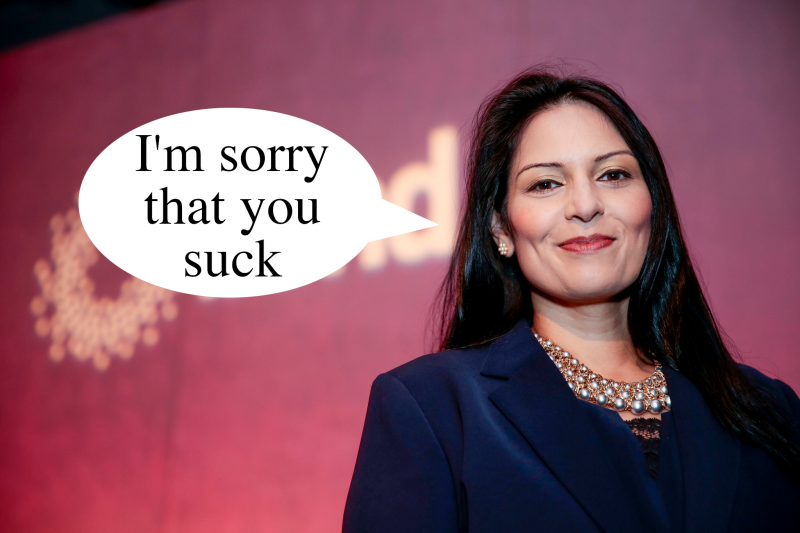It is a mystery to me what upsets wokies about Jordan Peterson so much. The psychologist and self-help guru might have made a lot of fuss about pronouns – for gawd’s sake – but much of his output ranges from the banal to the eccentric.
Even thumbing the chapters of his bestseller 12 Rules For Life gives you a flavour of this. The advice ranges from “make friends with people who want the best for you” to “do not bother children when they are skateboarding”. There’s allegedly a long passage about lobsters and relations between the sexes too.
Continue reading →